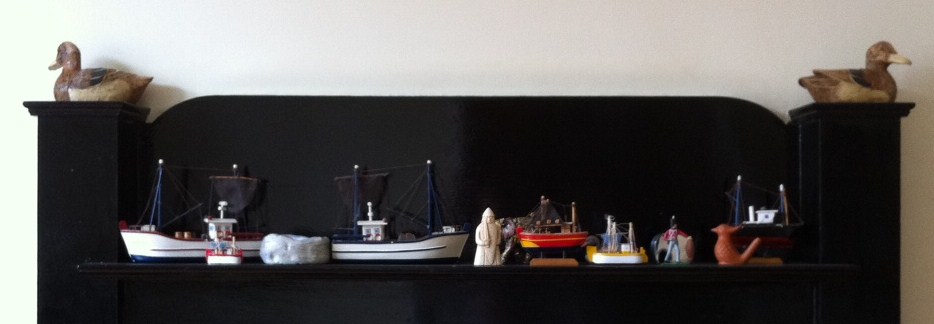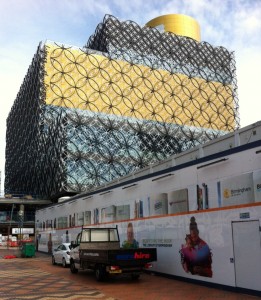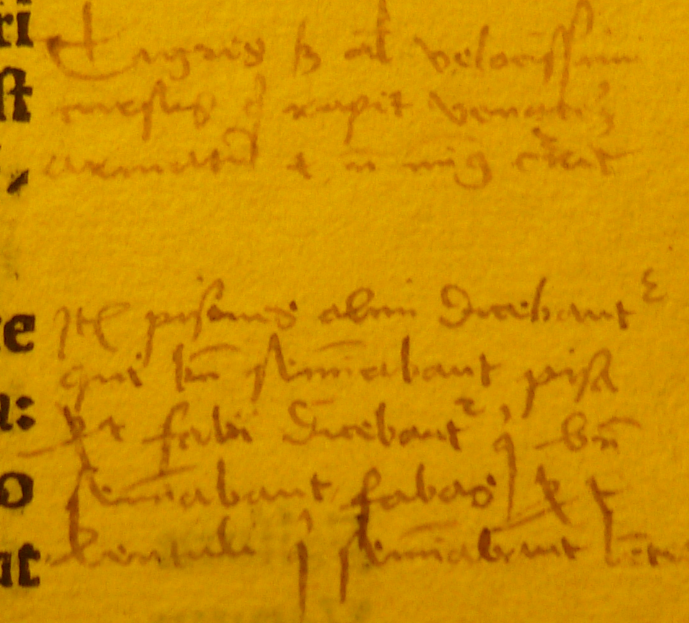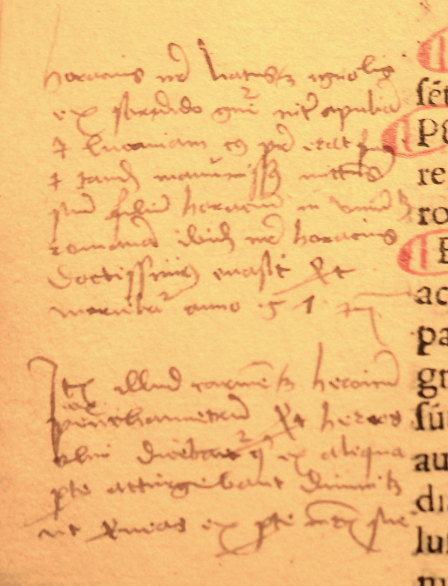Writing Materials: Women of Letters from Enlightenment to Modernity
V&A Museum in partnership with King’s College London and the Elizabeth Montagu Letters Project (an AHRC-funded research network)
29-30 November 2012
This one and a half day conference will explore the tools and environments of women’s writing in the eighteenth and nineteenth centuries. It aims to create new connections between texts and material objects, connecting intellectual history with its material medium – paper, quills, desks, letter-cases and ink. It takes as its inspiration the figure of Elizabeth Montagu, ‘Queen of the Bluestockings’ (1718-1800), a voracious writer, Shakespeare critic, coal owner, cultural patron and bluestocking salonnière. She placed herself at the centre of several key intellectual, cultural and social networks of her day – frequently securing her position through the display of materials – for example, her famous ‘feathered room’ attracted eminent visitors from poets to princesses. Hester Thrale described her as ‘brilliant in diamonds, solid in judgement and critical in talk.’ Her Portman Square mansion became an important metropolitan site for the discussion of books and viewing of paintings.
We would like to invite proposals for speakers at a graduate student workshop on material cultures of writing from the Enlightenment to Modernity. We ask you to send in ideas for 5-10-minute presentations inspired by any object in the Victoria and Albert Museum concerned with the material culture of writing. This might include paper, ink, furniture, tools, printers, typewriters and keyboards, spaces and times, the postal system, digital images, friendship, business, privacy and publication. Proposals should not exceed one sheet of A4 and an image of the object should be attached if possible. Your presentation could be in the form of critical and/or creative writing; it could take the form of a missive, letter, journal, blog, email or tweet and it should invite a response from the audience.
Please send your proposals to k.spiller@swansea.ac.uk by 1 September 2012.



